Would running reverse osmosis water to a pot filler be a bad idea?
Sienna
2 years ago
last modified: 2 years ago
Featured Answer
Sort by:Oldest
Comments (25)
JAN MOYER
2 years agoRelated Professionals
Adelphi Kitchen & Bathroom Remodelers · St. Louis Kitchen & Bathroom Designers · Galena Park Kitchen & Bathroom Remodelers · Gilbert Kitchen & Bathroom Remodelers · Newberg Kitchen & Bathroom Remodelers · Glenn Heights Kitchen & Bathroom Remodelers · Flint Kitchen & Bathroom Designers · Palm Harbor Kitchen & Bathroom Designers · Atlanta Furniture & Accessories · Easton Furniture & Accessories · Pleasant Grove Furniture & Accessories · San Diego Furniture & Accessories · Del Aire General Contractors · DeRidder General Contractors · La Grange Park General ContractorsPatricia Colwell Consulting
2 years agokaseki
2 years agolast modified: 2 years agoAngel 18432
2 years agoJAN MOYER
2 years agodelray33483
2 years agoJake The Wonderdog
2 years agokaseki
2 years agolast modified: 2 years agoFlo Mangan
2 years agoAngel 18432
2 years agoSienna
2 years agolast modified: 2 years agokaseki
2 years agoJake The Wonderdog
2 years agoanj_p
2 years agoopaone
2 years agokaseki
2 years agolast modified: 2 years agoSienna
2 years agoHU-253353199
last yearopaone
last yearlast modified: last yearkaseki
last yearRachiele Custom Sinks
last yearkaseki
last yearJake The Wonderdog
last yearlast modified: last yearAqua Kent Singapore
last year
Related Stories
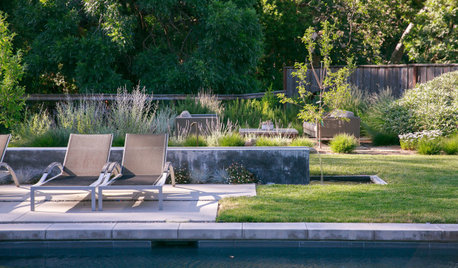
LANDSCAPE DESIGN9 Fresh Design Ideas From Wildlife-Friendly Gardens
Set up your garden to provide food, water and shelter for birds, bees, butterflies and more without compromising style
Full Story
GREAT HOME PROJECTSHow to Switch to a Tankless Water Heater
New project for a new year: Swap your conventional heater for an energy-saving model — and don’t be fooled by misinformation
Full Story
SAVING WATER11 Ways to Save Water at Home
Whether you live in a drought-stricken area or just want to help preserve a precious resource, here are things you can do to use less water
Full Story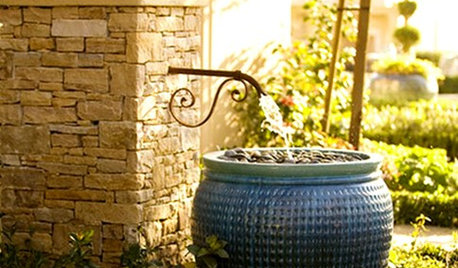
GREEN BUILDINGJust Add Water: Rain Barrel Magic
Take your rainwater storage from practical to beautiful with a new breed of design-friendly rain barrels
Full Story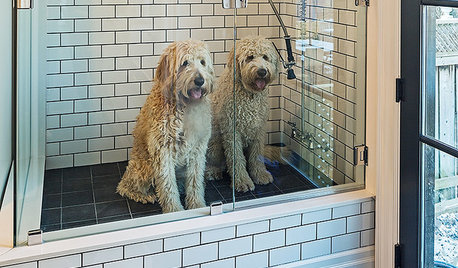
THE HARDWORKING HOME8 Laundry Room Ideas to Watch For This Year
The Hardworking Home: A look at the most popular laundry photos in 2014 hints that dog beds, drying racks and stackable units will be key
Full Story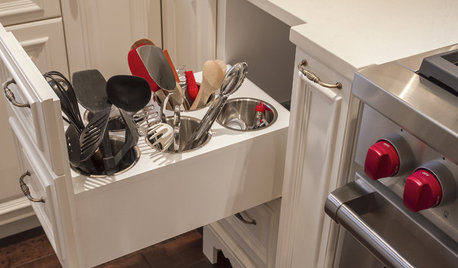
MOST POPULARThe 15 Most Popular Kitchen Storage Ideas on Houzz
Solve common kitchen dilemmas in style with custom and ready-made organizers, drawers, shelves and more
Full Story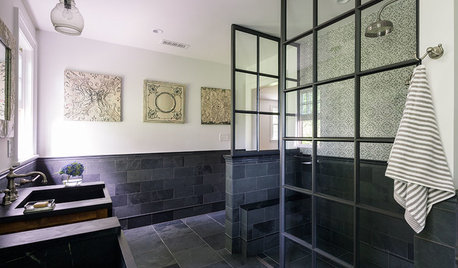
ROOM OF THE DAYDesign Ideas From 2016’s Top 10 Rooms of the Day
This year’s favorite rooms offer design inspiration from the bathroom to the basement
Full Story
KITCHEN DESIGNIdeas From the Year’s Top 10 Kitchens of the Week
Get inspired by the found objects, reclaimed hardware, efficient storage and work zones in our top kitchens of 2016
Full Story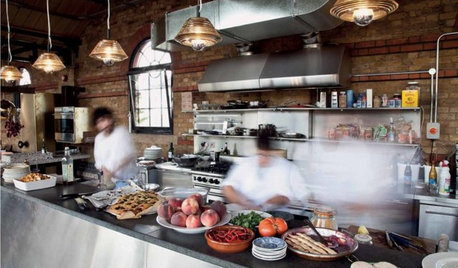
KITCHEN DESIGN16 Practical Ideas to Borrow From Professional Kitchens
Restaurant kitchens are designed to function efficiently and safely. Why not adopt some of their tricks in your own home?
Full Story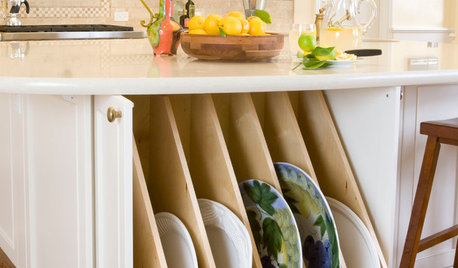
KITCHEN STORAGE13 Popular Kitchen Storage Ideas and What They Cost
Corner drawers, appliance garages, platter storage and in-counter knife slots are a few details you may not want to leave out
Full Story






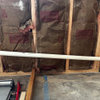
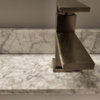

Verbo